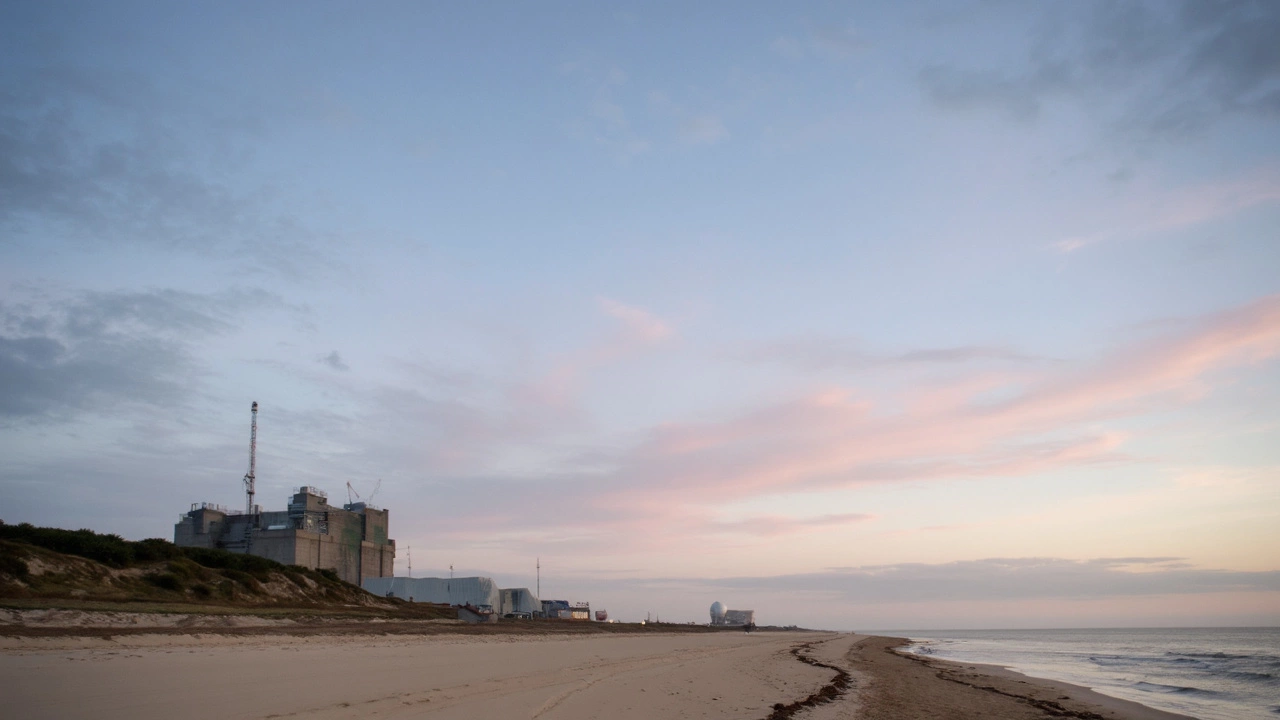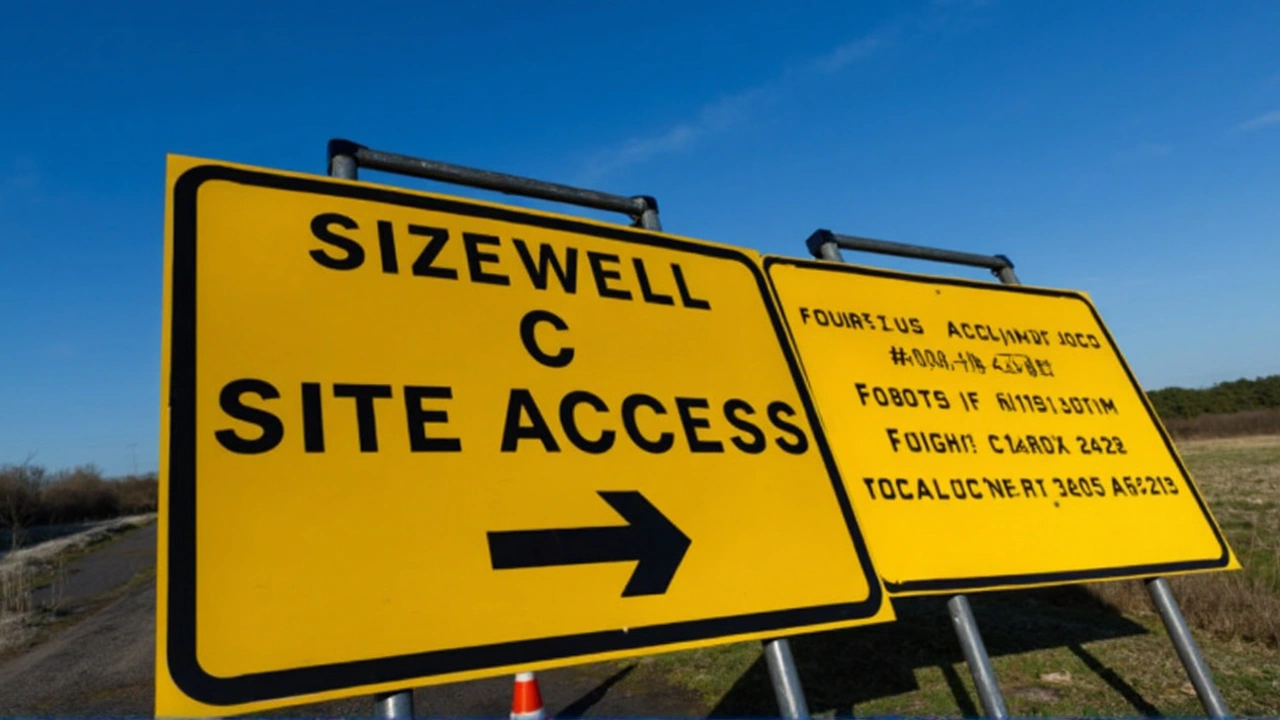Big Money, Big Power: UK's Sizewell C Nuclear Deal Seals The Future
The UK just made its nuclear ambitions crystal clear, signing off on the £38 billion Sizewell C station—a mega project expected to power six million homes once up and running. This isn’t just a government solo act; private heavyweights like France's EDF, Centrica, Canadian pension giant La Caisse, and Amber Infrastructure Group have joined the table, making this the largest private-backed nuclear investment in the nation’s history. With the government retaining a 45% stake and the rest covered by private capital, it’s a real blend of public oversight and private muscle.
If Sizewell C sounds familiar, it’s because it's the next big thing after Hinkley Point C. But here’s the kicker: the math says it’s about 20% cheaper than its predecessor. At a time when Britain struggles with energy prices and wants to ditch fossil fuels for good, those savings matter. The projected cost, in today's money, lands at £38 billion. The team behind the deal didn’t just throw cash around; they spent months making sure every penny was scrutinized with third-party reviews, investor checks, and tough lending standards.
There’s real coin on the table. Centrica, best known as the owner of British Gas, dropped £1.3 billion for a 15% stake, banking on returns modeled at 10.8% equity—a figure that would make most investors nod approvingly—and a 4.5% cost of debt. All eyes are now on the late 2030s, the target for Sizewell C to flip the switch and start generating much-needed electricity.

Jobs, Bills, and the Race to Ditch Fossil Fuels
The scale of Sizewell C goes beyond just electrons and returns. At peak construction, it should keep 10,000 people in work—a lifeline for communities near the Suffolk site. And when it’s finally humming along, officials estimate it’ll drive down UK energy bills collectively by £2 billion each year. With cost-of-living pressures hammering households, that’s not small change.
Energy Secretary Ed Miliband hasn’t shied away from talking up the project’s potential. Sizewell C, he says, is key for UK energy security, a way to break free from global fossil fuel swings and keep the lights on with clean power. His pitch taps into bigger concerns: energy independence, steady prices, and reliable electricity as old coal and gas plants retire.
The Nuclear Industry Association jumped in too, painting Sizewell C as the greenest and boldest single project in the country’s climate fight. They’re pushing for a ‘fleet approach’—meaning more plants, more quickly—to keep up momentum and grab cheaper, greener energy for good. As Britain charts its path to net zero, nuclear has leapt back onto center stage, with Sizewell C serving as the flagship.
So while the late 2030s completion target might feel far off, the decisions being made right now set the tone for decades of British energy. With a historic investment, a seasoned roster of partners, and a relentless push for cost and climate wins, Sizewell C is shaping up as a turning point—not just for nuclear, but for the UK’s future power mix.
